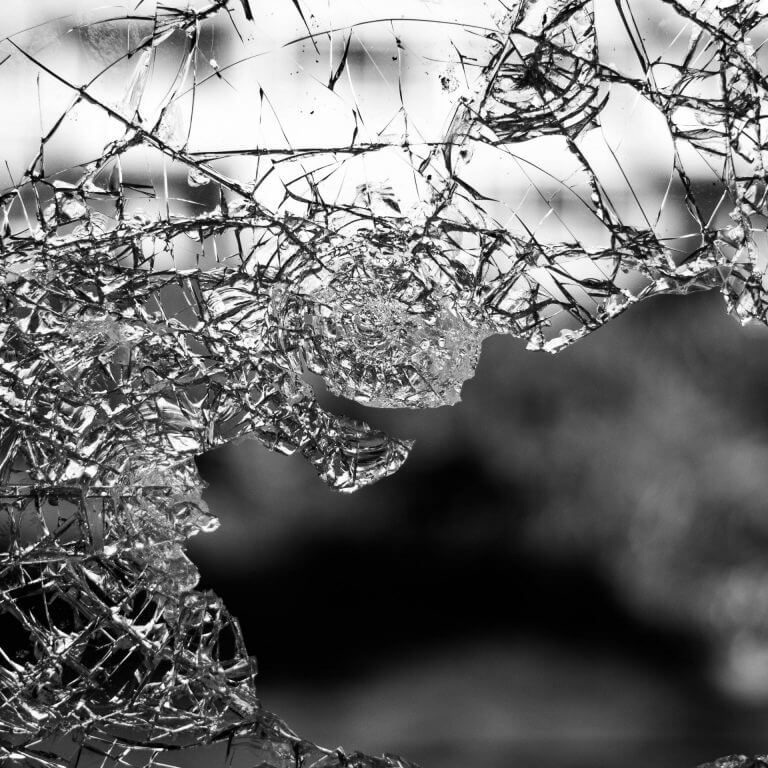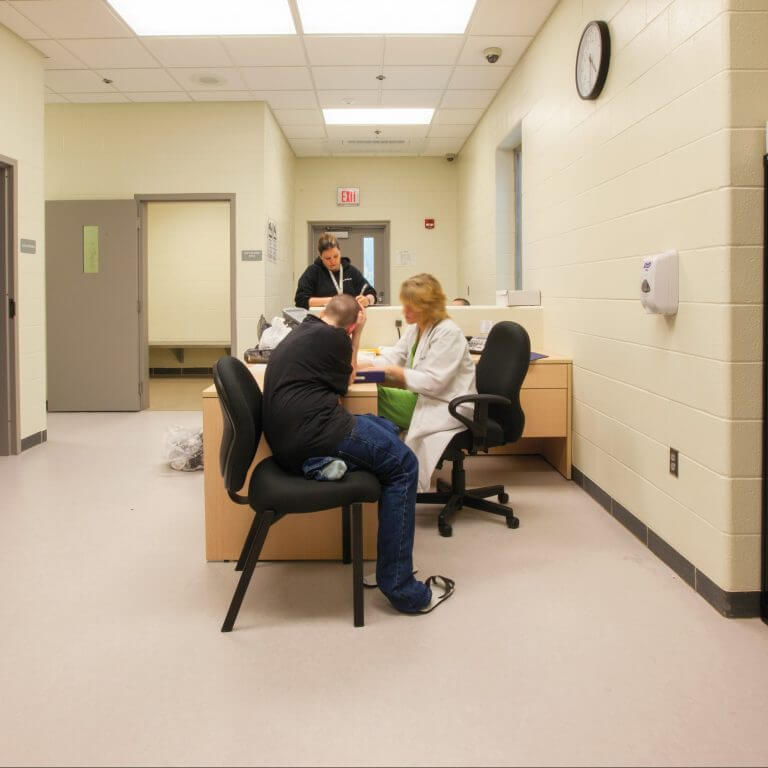The Challenge
In the past decade, rates of firearm death and injury have increased in the United States, even as violent crime rates have continued to decline. The city of Philadelphia has a homicide rate nearly four times the national average. Nationally, comprehensive data on nonfatal firearm injuries are even more sparse than those available for firearm deaths, with no reliable estimates available. This dearth of information is compounded by a poor understanding of the context and circumstances in which firearm violence injuries occur.
The Project
During her Stoneleigh Fellowship and through her work at the Philadelphia Department of Public Health and Children’s Hospital of Philadelphia, Dr. Ruth Abaya is seeking to merge data from multiple City agencies, health systems, and community organizations to create a registry of individuals who have experienced fatal and nonfatal firearm injuries in Philadelphia. She is also supplementing the registry with qualitative research on how victims of gun violence confront the effects of violence in their lives—including how they use resources and supports in the process of recovery—in order to identify the most promising practices for violence prevention and intervention in the city.
This approach complements ongoing efforts to address gun violence in Philadelphia, including the firearm homicide death review team, which brings many city partners together to perform in-depth reviews of victims of firearm violence to identify opportunities for intervention. This Fellowship is targeting the systems that have contact with those who are harmed by firearm violence, who we know are at risk for subsequent exposure to violence.
The Stoneleigh Fellowship will enable Ruth to:
- Create a registry of fatally and nonfatally injured firearm victims in Philadelphia with information on demographic characteristics, including contact with City and community-based services.
- Use the registry to determine the agencies and groups with which fatally and nonfatally injured firearm victims had contact, including comparing the nature and timing of those contacts.
- Collect and analyze qualitative data from nonfatally injured firearm victims to understand their previous experiences with City agencies and whether increasing their knowledge about services, initiatives, and resources might strengthen the preventative potential of existing programs.




